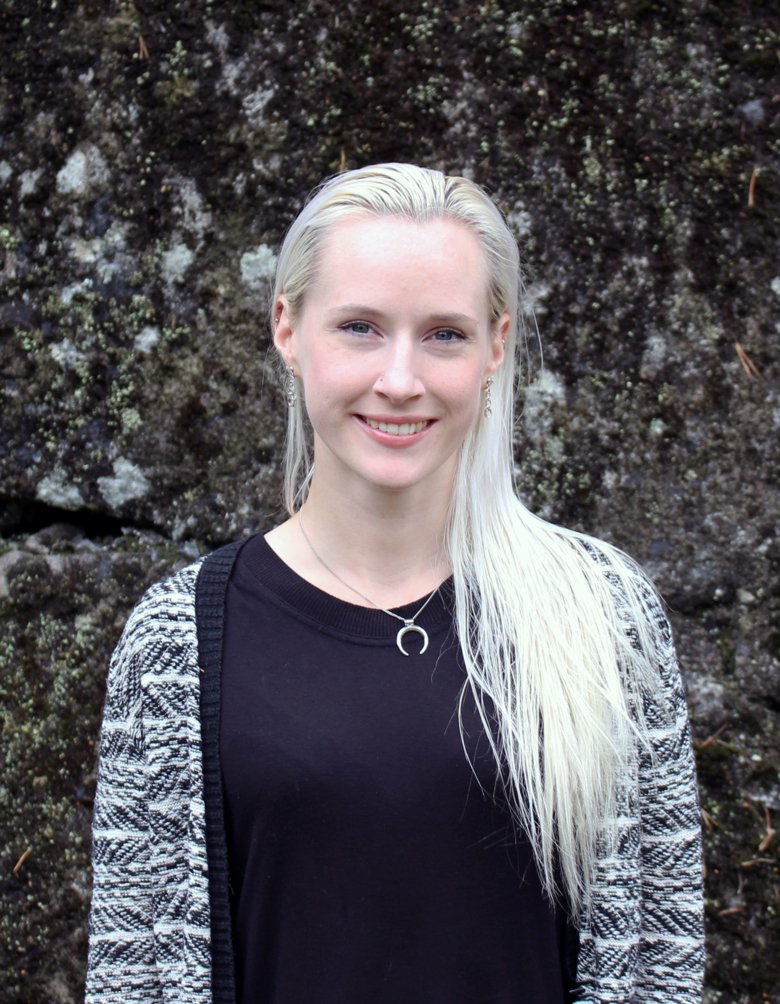New thesis on end-of-life care
Hi Therese Johansson, PhD-student at the Division of Nursing. On September 9 you will defend your thesis ”A 'new public health' perspective on building competence for end-of-life care and communication : how death literacy can be developed and measured”, what's the main focus of the thesis?

Due to prolonging dying trajectories and growing population-level need for extended periods of care and support during the final stages of life, end-of-life care is increasingly provided beyond the formal healthcare system. Two particularly important providers of care are elder care staff and family caregivers, who often have received little, if any, training in relation to dying and death. My thesis explores how competence for handling end-of-life care and communication, denoted as death literacy, can be developed and measured.
Which are the most important results?
The findings suggest that death literacy primarily develops from experiential knowledge and can be promoted through an iterative process of reflection of own and others’ first-hand experiences related to the end-of-life and mutual knowledge exchange. We also found that a tool designed to support conversations about end-of-life care preferences, the DöBra cards, was useful both to communicate about issues related to dying and death in residential elder care and as a means to support death literacy development among care staff. In addition, a Swedish version of the Death Literacy Index was found to be a valid instrument for measuring competence and preparedness for engaging in various aspects of care at the end-of-life.
How can this new knowledge contribute to the improvement of people’s health?
The thesis provides insights to death literacy can be supported and evaluated, by describing concrete means to foster end-of-life competence-building and preparedness, which is useful for educational initiatives among a range of care providers in society. Better understanding of how to support conversations about end-of-life care preferences might also strengthen care recipients’ and their relatives’ preparedness for future care decision-making.
What´s in the future for you? Will you keep on conducting research?
Yes, I will continue to work with research related to end-of-life care at King's College London.
